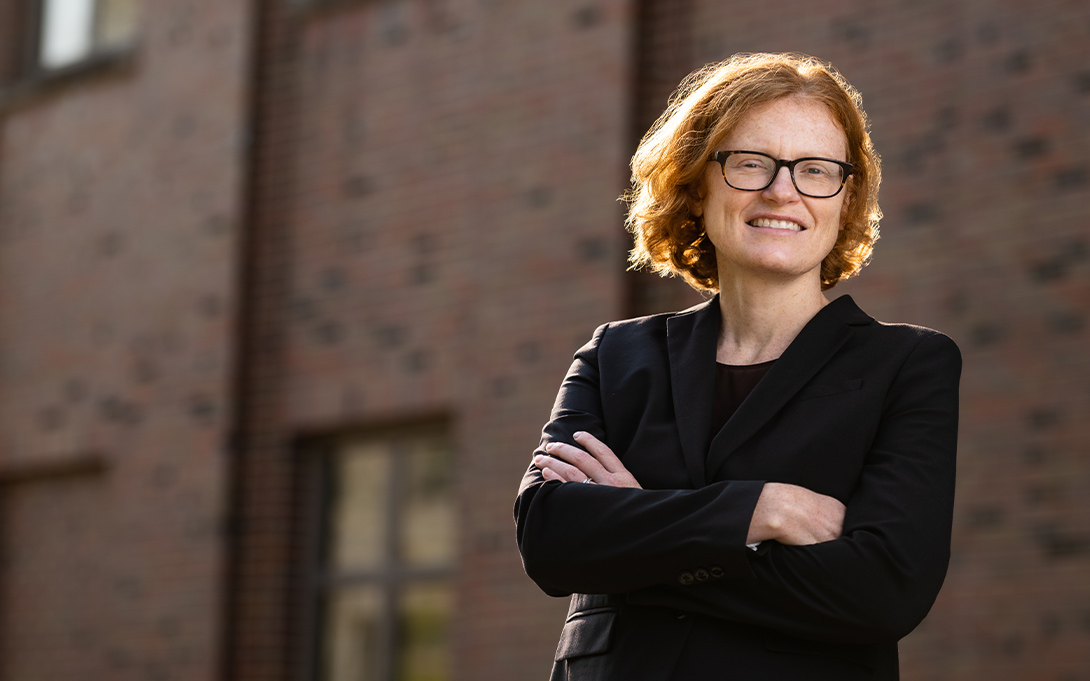
Experts at the University of Michigan are available to discuss the Build Back Better bill making its way to the Senate floor. Below is an excerpt from a Michigan News faculty Q&A.
Christina Weiland is an associate professor at the School of Education and co-director of the Education Policy Initiative at the Ford School of Public Policy. Her areas of focus include early education and educators, preschool and kindergarten. She is particularly interested in the active ingredients that drive children's gains in successful, at-scale public preschool programs.
Among other areas, the Build Back Better Act addresses early childhood education. The bill aims to offer universal and free preschool for all 3- and 4-year-olds. How realistic is this?
It is important to note that most of our peer nations already offer free, universal preschool starting at age 3. The U.S. has long underinvested in its youngest citizens. Families have had to navigate a fragmented, unequal system with few and far between high-quality options. Build Back Better offers a historic opportunity to finally build the comprehensive, high-quality early care and education system our young kids, families, teachers and communities deserve.
What are the potential strengths of universal pre-K?
Universal pre-K—if funded at sufficient levels—can help parents and kids by improving the quality of children's early educational experiences. For example, many preschool teachers are underpaid (compared to teaching kindergarten), which incentivizes preschool teachers to leave, fueling turnover and undermining quality. The new federal legislation currently under consideration would help with some of these quality issues by providing the necessary resources and requiring pay parity for public preschool teachers.
What are the potential weaknesses of a universal pre-K model?
Something that will require careful work is that under the current proposal, each state will have to decide to accept federal funding for universal preschool and then develop a plan for implementation. Some states may decide not to offer the program and thus their families will be left out.
The next phase will be developing a vision and plan for delivering on quality for those who do. Colleagues and I recently worked with policymakers in the state of Washington to offer a vision for high-quality universal preschool in that context. All states will need a vision to design, implement, and deliver solid programs for children, families and communities.
The government states that the program will lead to lifelong educational and economic benefits for children and parents. How would it do this?
Preschool is expensive and high-quality programs are hard to find. Universal pre-K can help take the financial stress off families and provide access for those who otherwise would not be able to send their children to preschool. It can also keep parents in the workforce, particularly moms, and help reduce the large penalties many parents pay in terms of lower wages, savings and benefits in the long term due to interrupted work trajectories when their children are young.
Decades of evidence dating back to the 1960s show that preschool better prepares children for kindergarten. The benefits can last through adulthood on essential outcomes like higher educational attainment and earnings.
More news from the Ford School